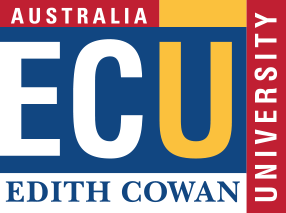Institutional analysis of agricultural water governance in Bhutan: An exploration of water sharing and allocation
Presenter(s) ORCID:
Kelly Tobden Dorji Tamang: https://orcid.org/0000-0002-0805-6071
Loading...
Start Date
5-12-2024 3:00 PM
Presentation Type
Presentation
Keywords
water governance, irrigation management, institutions, agriculture
Abstract
Access to water is crucial where 70% of the population is employed in agriculture, contributing 10.52% to GDP in Bhutan. Despite efforts like irrigation and water supply systems, the country faces water shortages, likely due to challenges in water access, sharing, and allocation rather than a lack of water resources. Bhutan’s water laws adopted the Integrated Water Resources Management (IWRM) principles. However, the practical effectiveness of these policies in ensuring equitable water distribution remains unexplored. This study investigates water sharing and allocation mechanisms at national, district, and local levels, focusing on institutional evolution, the role of both formal Water User Associations (WUAs) and informal institutions in water access and its implications to livelihood. Using an exploratory sequential mixed-methods approach, data will be collected through document analysis, interviews, and surveys. Findings aim to recommend strategies that enhance water sharing and equitable access to water resources, promoting sustainable agricultural practices in Bhutan.
Recommended Citation
Tamang, K. T. D. (2024). Institutional analysis of agricultural water governance in Bhutan: An exploration of water sharing and allocation. Australia-Bhutan Research Conference. Edith Cowan University. https://ro.ecu.edu.au/abr_conference/2024/Thursday_December_5th/7
Institutional analysis of agricultural water governance in Bhutan: An exploration of water sharing and allocation
Access to water is crucial where 70% of the population is employed in agriculture, contributing 10.52% to GDP in Bhutan. Despite efforts like irrigation and water supply systems, the country faces water shortages, likely due to challenges in water access, sharing, and allocation rather than a lack of water resources. Bhutan’s water laws adopted the Integrated Water Resources Management (IWRM) principles. However, the practical effectiveness of these policies in ensuring equitable water distribution remains unexplored. This study investigates water sharing and allocation mechanisms at national, district, and local levels, focusing on institutional evolution, the role of both formal Water User Associations (WUAs) and informal institutions in water access and its implications to livelihood. Using an exploratory sequential mixed-methods approach, data will be collected through document analysis, interviews, and surveys. Findings aim to recommend strategies that enhance water sharing and equitable access to water resources, promoting sustainable agricultural practices in Bhutan.


